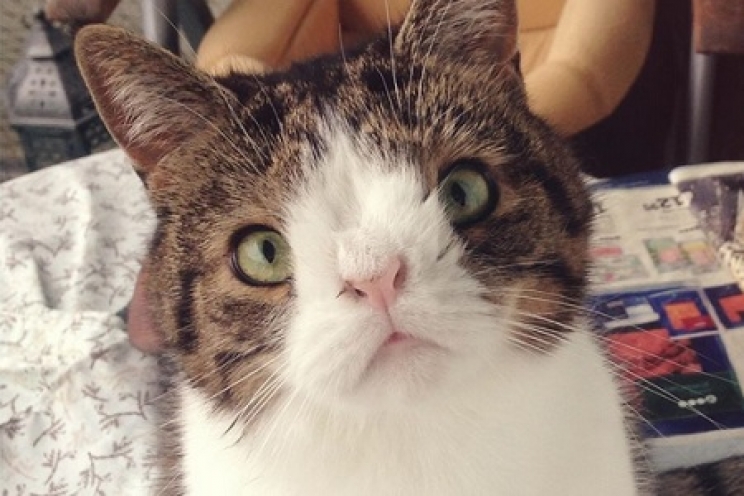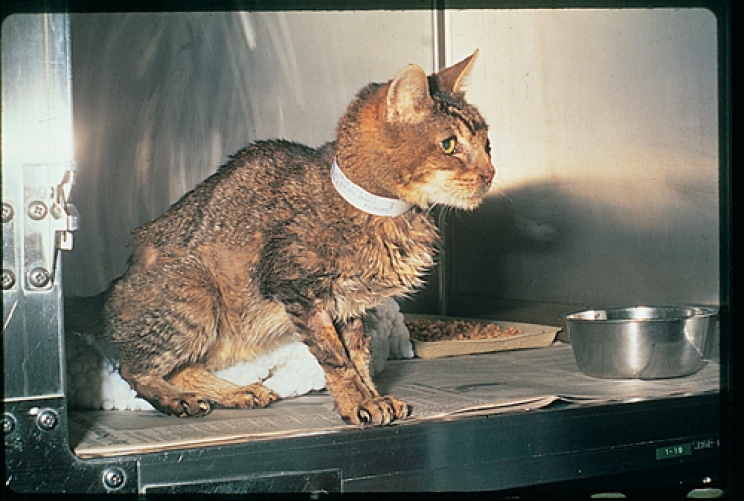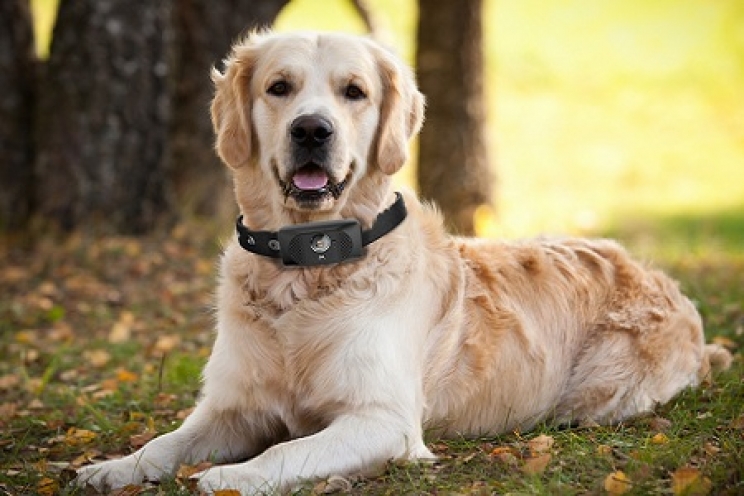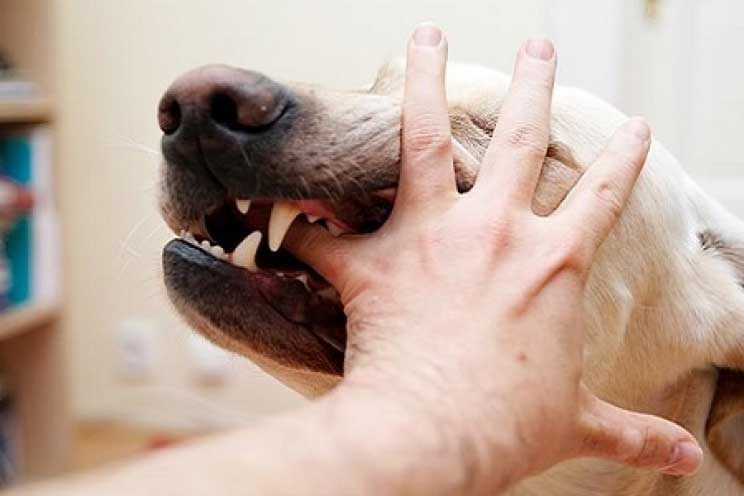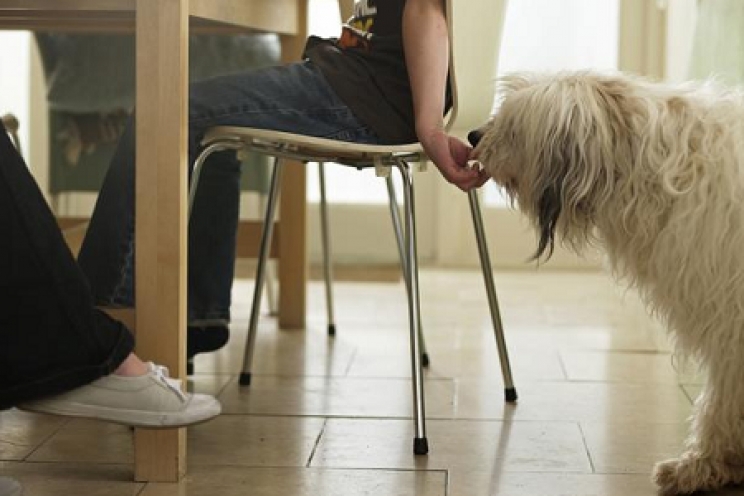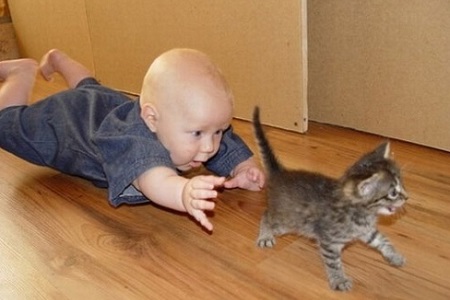People who are animal lovers already know it: over time, our animals become an integral part of our family. They make us move, they entertain us, soften us up, keep us company in all situations and listen and alleviate our daily problems. Not to mention all their funny expressions and attitudes. However, us owners are not always able to grasp the limit between the things that make us laugh and those that make our animals uncomfortable. Here are the most frequent situations we do wrongly in our daily activities.
Using vocabulary they cannot understand
To communicate with each other and with the owner, animals mainly use non-verbal language, made up of movements of the tail or ears, particular facial expressions and gestures with an unequivocal meaning. It is also true that dogs bark and cats meow, but in any case, they do not speak our language, although a "meow" can sometimes be similar to the "mom" word. Thanks to their great intelligence, animals are able to pick up some "human" words and the tone of voice with which we say them. The fact remains that, apart from a limited vocabulary, they are still not able to perfectly understand what we say to them. For this reason, when we ask the dog to stop barking, screaming and squirming, in most cases he will not be able to understand what we are saying and will undoubtedly feel confused and disoriented.
Make gestures of clear dominance towards him
In canine language, the hug (or in any case the gesture of placing a paw or muzzle on the back of another dog) is a clear manifestation of dominance. For this reason, especially if we do not know the animal in front of us, we should avoid hugging it and teach our children to do the same. Among other attitudes of this type, we find all those gestures that dogs use among themselves to establish the hierarchy. For example, we should never stare straight into his eyes, proceeding towards him frontally and quickly, and putting your hands on his face or head. What might be the reaction to such behaviour? The dog may become nervous or feel threatened by our gesture.
Not providing adequate education/training
We are not saying that all dogs and cats should perfectly master every command of advanced training. What we should avoid, on the other hand, is to let them live without basic rules that are especially useful to them so they avoid feeling disorientated inside the house. The same thing stands for children, who live with the constant presence of their parents during their educational process. Our animals, in the absence of rules can create considerable inconveniences. We should teach them basic commands, such as "sit" or "stay", and make sure they can be applied to everyday aspects, even during playtimes outside. The direct consequences of the absence of rules translates above all into discomfort, insecurity, confusion and the inability to be together with humans and other animals.
Imposing unwanted attention from people, children, or other animals
If we see that our four-legged friend just can't stand the presence of people, children or other animals, let's simply leave him free to go somewhere else. Otherwise, he may become stressed or even react with aggressiveness.
Not limiting children's teasing
Dogs and cats need their spaces. For this reason, we should always try to prevent children from invading their territory by pulling their tail or whiskers, beating them or disturbing them while they sleep. This point is fundamental and should be taught to all children, as a basic rule to avoid any bites or scratches, and to ensure a peaceful environment for our four-legged friend.
Not providing the daily physical activity he needs
Animals are not meant to stay indoors all day. Sure, they fit perfectly in our one bedroom apartment in the city, in exchange for baby food and pampering, but they still need a certain amount of exercise throughout the day. The best way to guarantee what they need, is to let them play inside and outside the house by taking them out for long runs and walks, and not just for bathroom needs. Depriving it of these sources of entertainment, would probably soon end up with overweight, depression and stress problems.
Always keeping him on a leash
If we have the opportunity, at least once a day, we should find a way to free our friend in the dog areas or in the countryside. Keeping him constantly on a leash, especially in the presence of other animals, will make him feel constrained and prevent him from exploring the environment and interacting with his peers.
Refuse to comprehend their language/body language
The first act of love that we can and must perform towards our four-legged friends is to learn their verbal and physical language. By doing this, will we be able to understand their real needs, while communicating what we want them to do. Mutual understanding is the basis of any relationship, so we must begin to interpret the language and attitudes of our animals.

